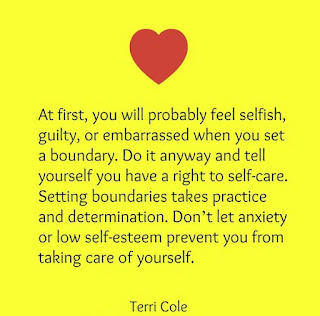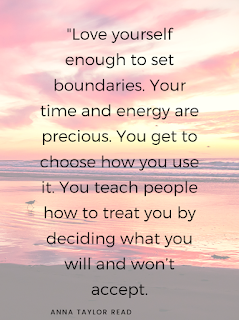
Self-awareness and self-love are closely correlated. When we are aware of our thoughts, emotions, and actions, we can better understand our strengths and weaknesses, and we can learn to appreciate and love ourselves more fully. Self-awareness is the foundation of self-love, and both are essential for a healthy and fulfilling life.
What is Self-Awareness?
Self-awareness is the ability to recognize and understand your emotions, thoughts, and behaviors. It involves being honest with self about our strengths and weaknesses, our likes and dislikes, and our values and beliefs. Self-awareness allows us to take responsibility for our actions and to make choices that align with our goals and values.

How to Become More Self-Aware?
There are several ways to become more self-aware, including:
Mindfulness: Mindfulness is the practice of being present in the moment and observing our thoughts, feelings, and bodily sensations without judgment. It can help us become more aware of our inner experiences and develop a deeper understanding of self.
Reflection: Taking time to reflect on our experiences and emotions can help us identify patterns in our behavior and understand our motivations.
Feedback: Seeking feedback from others can provide valuable insights into our strengths and weaknesses, and help us become more aware of how our actions impact others.
Journaling: Writing down our thoughts and emotions can help us process them and gain a deeper understanding of ourselves.
How Does Self-Awareness Relate to Self-Love?
Self-awareness is a key component of self-love because it allows us to identify and appreciate your strengths and weaknesses. When we are aware of our thoughts and emotions, we can acknowledge them without judgment and learn to love ourselves more fully. Self-love involves accepting and embracing all aspects of ourselves, including our flaws and imperfections.

How to Increase Self-Love Through Self-Awareness?
Practice Self-Compassion: Self-compassion involves treating yourself with kindness, understanding, and forgiveness. When we make a mistake or experience a setback, practice self-compassion by reminding ourselves that everyone makes mistakes and that it is okay to be imperfect.
Identify Our Values: Identifying our values and living in alignment with them can help us feel more fulfilled and confident in ourselves.
Set Boundaries: Setting boundaries with others and ourselves can help us prioritize our needs and values, and protect our emotional well-being.
Focus on Our Strengths: When we focus on our strengths and accomplishments, we can boost our self-esteem and cultivate a more positive self-image.
Self-awareness and self-love are intertwined. Developing self-awareness can help us better understand and appreciate ourselves, while self-love involves accepting and embracing all aspects of ourselves. By practicing mindfulness, reflection, seeking feedback, and journaling, we can become more self-aware. To increase self-love, practice self-compassion, identify our values, set boundaries, and focus on our strengths. Remember, developing self-awareness and self-love takes time and practice, but the rewards are well worth it.


Thank you for stopping by and reading!
Leave me a comment with your thoughts on this blog.








.png)


.png)